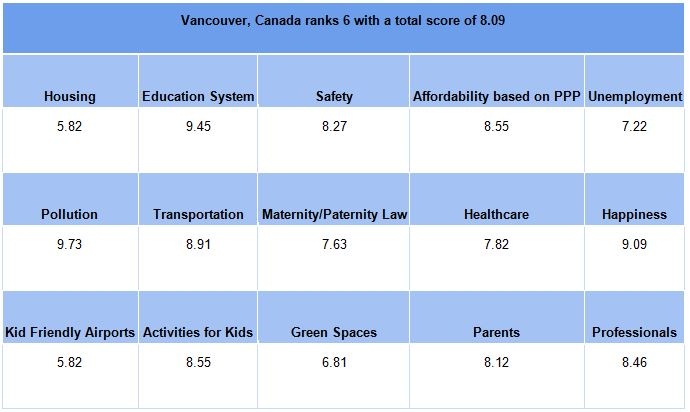Sublime Luxury Homes at Heather and Seventeenth
REW
West Side Vancouver is one of most sought-after and coveted neighbourhoods; home to gorgeous tree-lined streets, stately homes and is within close proximity to Cambie’s charming village – with great shopping and dining. This is where Heather and Seventeenth – Terra Blanca Development’s newest and exclusive condominium project calls home.
Heather and Seventeenth is a luxury boutique-style, four-storey concrete building showcasing an exquisite collection of 16 residences, featuring two and three bedroom and den condominiums. This newest addition to the neighbourhood embodies the evolution of the sophisticated transitional style fused with a nod to the neighbourhood.
“The quiet Westside location and only 16 residences makes Heather and Seventeenth pretty unique in this coveted neighbourhood,” says Dave Bauman, director sales and marketing, Magnum Projects. “We have sold out of our first release and we are now releasing the final six homes, starting at $1,720,900.”
Bauman went on to say that this latest condominium project is attracting those empty-nesters who want to downsize from their large Westside homes but don’t want to leave their coveted enclaves.
“It’s a boutique-style condo building for people who really want to have a more intimate lifestyle and want to be able to lock their door and go on vacation,” he notes.
The impressive overheight New York-style lobby welcomes you home in style, with its porcelain slab on the walls and wood accents throughout, while the homes’ spacious and inviting interiors, ranging from 1,184 to 1,441 square feet, are full of light and exceptional finishes.
Designed by award-winning Cristina Oberti Interior Design, the open-concept residences feature everything you’d expect from a quality-built home, including wide plank engineered hardwood flooring throughout main living area, airy nine-foot-four-inch ceilings, large Masonite heritage series doors, and air-conditioning.
The Arclinea kitchens, designed by the renowned Italian architect Antonio Citterio, are showcased with Sub Zero and Wolf appliances, three-quarter-inch square-edged quartz countertops with full-height porcelain slab tile backsplash, wine cooler, plus an island with seating for four.
The elegance doesn’t stop there. The bathrooms are equally impressive. They feature contemporary soaker tubs, NuHeat in-floor heating in the ensuites, floating Arclinea vanities, polished porcelain tiles on the walls with complimentary mosaic accent tiles in the main and ensuite bathrooms.
Outside, the private enclosed balconies offer cityscape and mountain vistas, making them an extension of your new home and a great place to enjoy your morning coffee.
As one of the most distinguished and walkable neighbourhoods in Vancouver, you will find plenty of amenities and recreational opportunities, such as Heather and Douglas parks, all within easy walking or driving distance. Independent boutique shops, cafes and restaurants and easy access to transit are just a few of the reasons why you want to live at Heather and Seventeenth.
The uncommon elegance and high-end features make these truly beautiful homes.
Heather and Seventeenth Sales Centre and display vignette, located at 3246 Cambie Street, is open daily from noon to 5 p.m. (closed Friday).
© 2017 REW.ca



